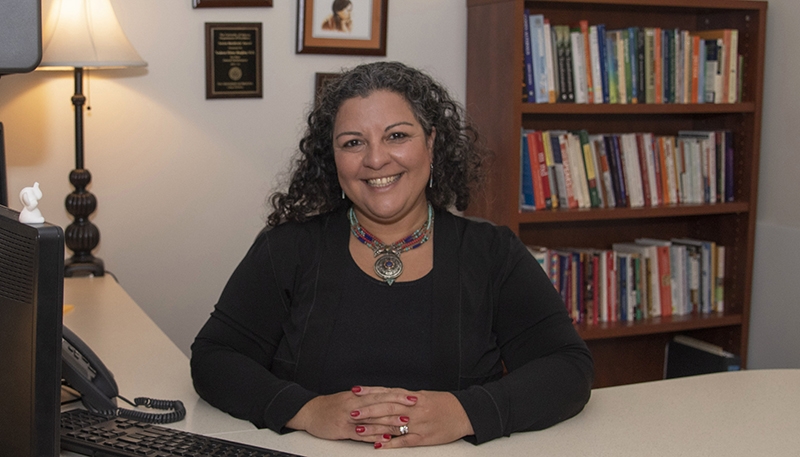For medical students at the University of Arizona, the COVID-19 pandemic’s lasting effects are not only found in the limited interaction they have had with patients but also with each other.
While video appointments and telephone calls with doctors are now often replacing office visits for patients, and while telehealth makes medical care more accessible for people in underserved areas, a downside is that it limits doctors-in-training from being able to connect with their peers.
“Our class has 118 students and, unlike all the classes that came before us, we have never been in the same room together,” said April Huckleberry, a second-year student at the UA College of Medicine.
Huckleberry said when it comes to social isolation and stress during the pandemic, medical students are having an especially challenging experience.
During a typical academic year, medical students are exposed to high levels of stress that can bring on mental health challenges, physical ailments, poor academic performance and even a decrease in the ability to empathize.
 “All of the tendencies toward any of (mental health) conditions gets a little bit heightened because they are under extreme pressure, and sometimes this is the hardest thing they’ve ever done in their life,” said Dr. Noshene Ranjbar, an assistant professor of psychiatry with the university, of medical students. “A lot of the conditions rise up during the time that they are isolated and sleep-deprived and under pressure with high expectations to succeed.”
“All of the tendencies toward any of (mental health) conditions gets a little bit heightened because they are under extreme pressure, and sometimes this is the hardest thing they’ve ever done in their life,” said Dr. Noshene Ranjbar, an assistant professor of psychiatry with the university, of medical students. “A lot of the conditions rise up during the time that they are isolated and sleep-deprived and under pressure with high expectations to succeed.”
What has been helpful is that the overall culture of medical school was already changing before COVID-19, faculty say, with students becoming more vocal about their needs, and what they need to succeed.
Ranjbar said students now are increasingly realizing they “don’t have to keep these things a secret.”
“You can actually have a human connection with someone who cares about you and can help you find the right resources to get you through,” said Ranjbar, who has been counseling UA medical students for the past three years.

